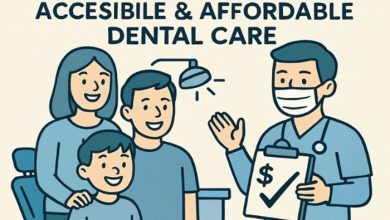
Is Roblox as a game addictive? Many parents and educators ask this question as they observe children spending increasing amounts of time on the platform. How does extended use affect emotional well-being? What signs indicate that play has crossed into harmful territory? Understanding these effects is essential for guiding healthy habits and addressing potential problems.
Understanding Whether Roblox Is Addictive
The question “Is Roblox addictive?” frequently comes up due to the platform’s highly engaging and interactive design. With countless games and social features, young users can easily spend hours without realizing it. This immersive environment may sometimes encourage compulsive use. Identifying when play shifts from fun to problematic is essential for early prevention and effective support.
Emotional and Psychological Effects of Excessive Play
Prolonged gaming sessions can cause emotional challenges like irritability, anxiety, and mood fluctuations. Teens might feel frustrated or upset when they can’t access the platform or face difficulties in the game. These negative emotions increase stress levels and weaken emotional resilience. Over time, ongoing emotional strain can negatively impact daily life and overall well-being.
Impact on Social Skills and Relationships
Excessive time spent on Roblox can disrupt in-person interactions, leading teens to withdraw from family and friends. This social isolation hampers the development of crucial communication skills needed for healthy relationships. When gaming takes precedence, personal connections often suffer, causing emotional distance and strained bonds that may be difficult to repair without support.
Academic Performance and Cognitive Development Concerns
- Impact on Academic Responsibilities
When gaming takes up a large portion of a teen’s day, important academic tasks often get neglected. Homework, studying, and project deadlines may be missed, leading to poor school performance and increased stress. - Decline in Concentration and Motivation
Excessive time spent gaming can reduce a student’s ability to focus on schoolwork. Motivation to engage in learning activities often decreases, making it harder to keep up with assignments and class participation. - Falling Grades and Missed Opportunities
As attention shifts away from education, grades may decline significantly. This can result in lost opportunities for academic advancement or scholarships, impacting future prospects. - Reduced Engagement in Critical Thinking and Creativity
Overreliance on gaming platforms can limit involvement in activities that develop problem-solving and creative skills. This lack of balance may hinder overall cognitive growth and personal development.
Recognizing Warning Signs and When to Seek Help
Parents and caregivers need to observe signs like hiding playtime details or resisting limits on usage. Noticeable agitation or withdrawal when screen time is reduced may signal deeper issues. Recognizing these early behaviors enables prompt intervention, helping to avoid more severe emotional and social problems down the line.
Strategies to Support Healthy Gaming Habits
Promoting a healthy balance between screen time, physical exercise, and social activities is essential. Establishing clear rules and regular schedules supports teens in learning self-control. Maintaining honest conversations about online habits builds trust and understanding. If excessive use continues, seeking professional help can provide necessary support and guidance.
The question “Is Roblox addictive?” underscores the importance of understanding how digital platforms impact youth well-being. While the platform offers creativity and connection, excessive use can lead to emotional and social challenges. Awareness and proactive support help ensure a healthier balance. With the right approach, teens can enjoy gaming while maintaining overall wellness and growth.




